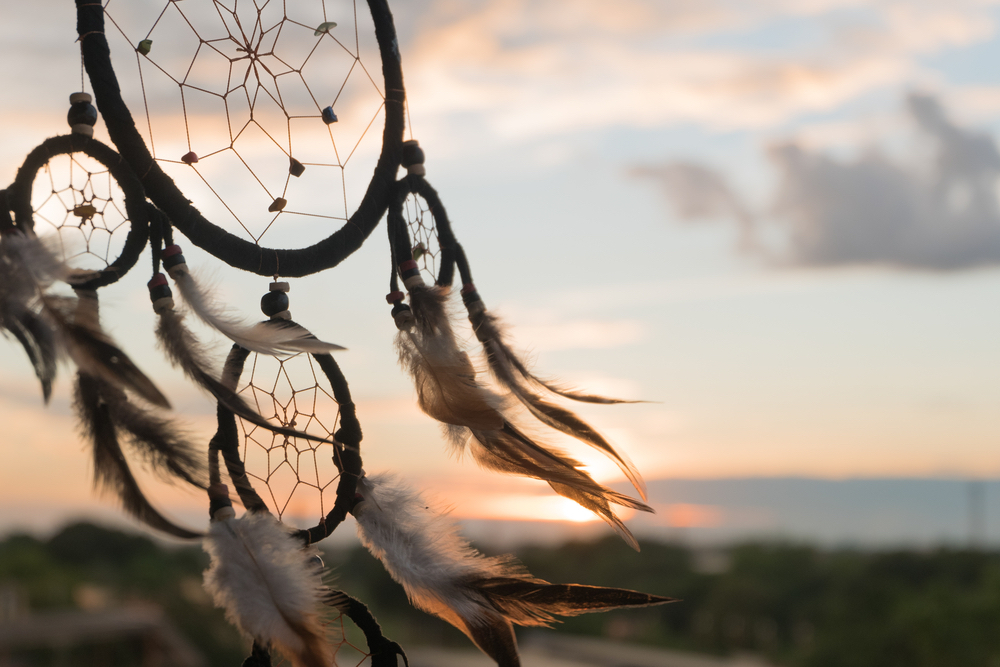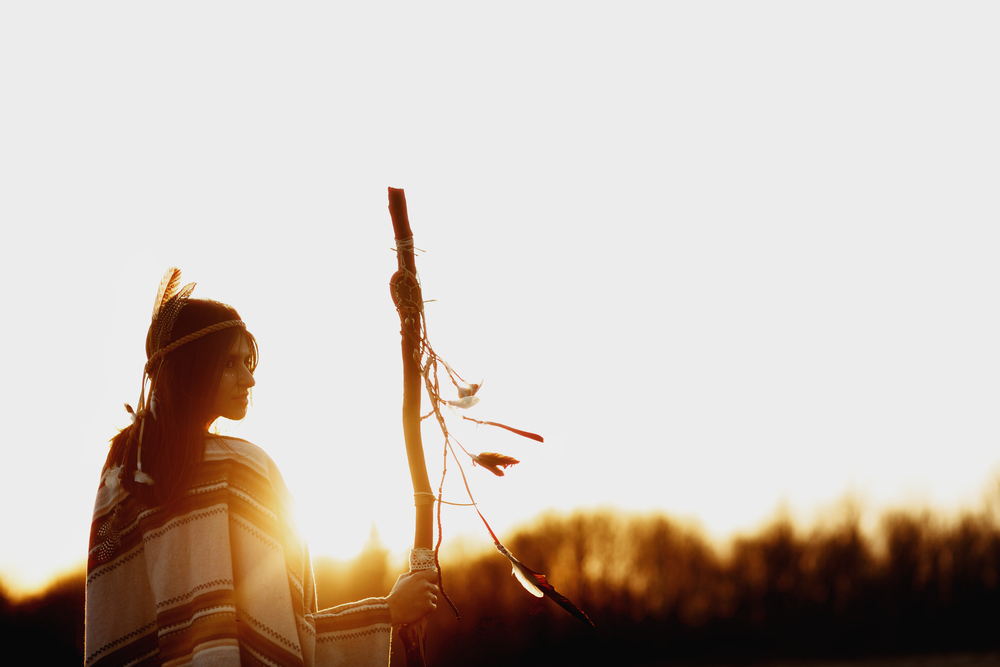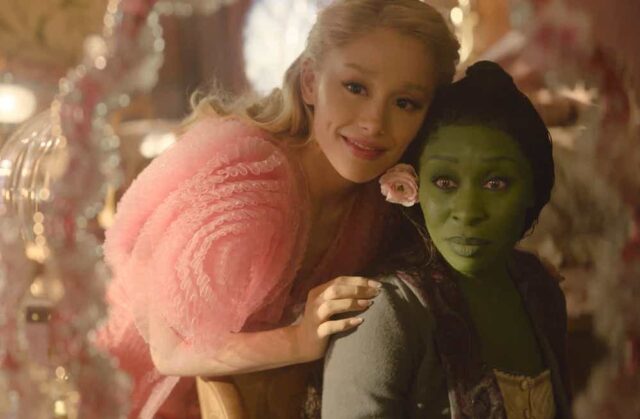Celebrating and Acknowledging Indigenous Peoples’ Day

More and more people are celebrating Indigenous Peoples’ Day, October 12, instead of Columbus Day.

As it is historically known, Columbus Day is a United States holiday, commemorating and honoring Christopher Columbus’ discovery of America.
However, for Native Americans and many others, this day represents the brutality and suffering of colonization.
Therefore, to deflect from Columbus Day’s celebration, many states and households celebrate Indigenous Peoples’ Day to honor Native American peoples and remember their history and culture.
On the eve of #IndigenousPeoplesDay, let us all watch this iconic clip of Aunty Haunani-Kay Trask collecting a white woman one time https://t.co/ApinVfnUAc
— Terisa Siagatonu (@terisasiagatonu) October 12, 2020
Throughout history, Native American citizens have been fighting for equal and human rights. Now in 2020, as seen with the Latino and Black communities, COVID-19 has hit Native Americans hard. Not only has it been harsh on the number of cases, but their household economy.
Columbus Day is a federal holiday, which means the United States government recognizes it and brings the closure of non-essential government offices, post offices, and banks.
Nevertheless, state and local governments can choose not to observe a federal government. In 1977, a notion of an Indigenous Peoples Day took place at the United Nations. South Dakota was the first state to recognize the holiday in 1989. Then sates such as Alabama, Alaska, District of Columbia, Hawaii, Idaho, Maine, Michigan, Minnesota, New Mexico, North Carolina, Oklahoma, Oregon, Vermont, and Wisconsin have followed and declared the second Monday of October as Indigenous Peoples Day.
Across the country, 14 states, cities and schools are observing #IndigenousPeoplesDay instead of Columbus Day.
Even the Senate has abandoned Columbus Day by racing forward today with hearings on Amy Coney Barrett.
Why is this still a federal holiday? https://t.co/sbrVPKD1lJ
— Kristen Clarke 866-OUR-VOTE (@KristenClarkeJD) October 12, 2020
Today, people take to Twitter to celebrate and continue the celebration of Indigenous Peoples’ Day.
My father, from his book, ‘Why We Can’t Wait.’ #IndigenousPeoplesDay #MLK #TruthLiberates pic.twitter.com/w92EnUnXPR
— Be A King (@BerniceKing) October 12, 2020
Although more people are starting to recognize Indigenous People’s Day, there is still a lot more to do to better acknowledge the lives of Native Americans.
Tribal attorney Tara Houska (@zhaabowekwe) explains the systemic problems faced by Native communities — and ways that others can support them.
Watch her full talk here: https://t.co/t2U3uli5yI #IndigenousPeoplesDay pic.twitter.com/lePJ7Yp6I2
— TED Talks (@TEDTalks) October 12, 2020
Be sure to be informed and acknowledge the lives of Native Americans today and every day. You can learn more about Indigenous People’s Day here.




